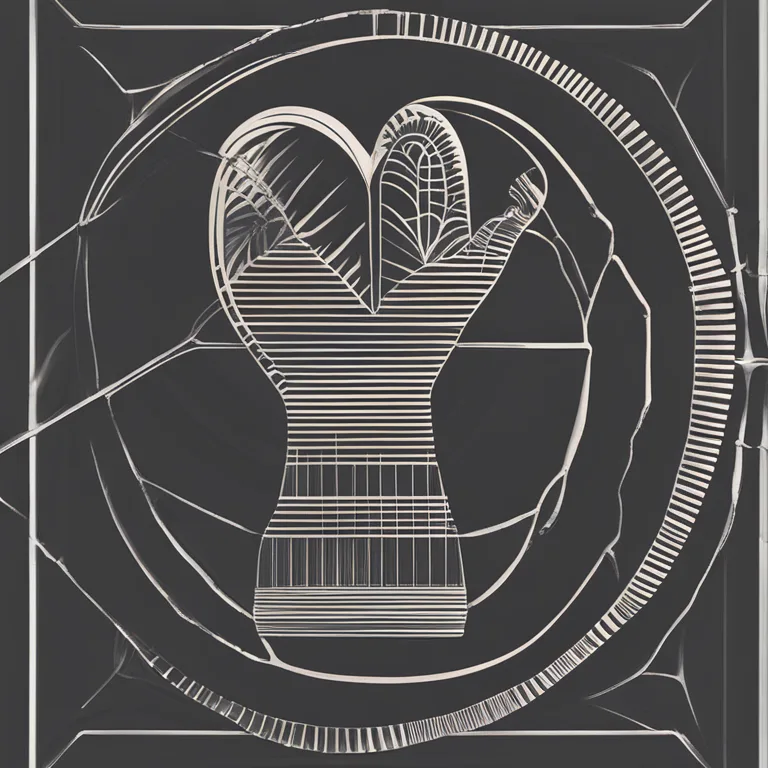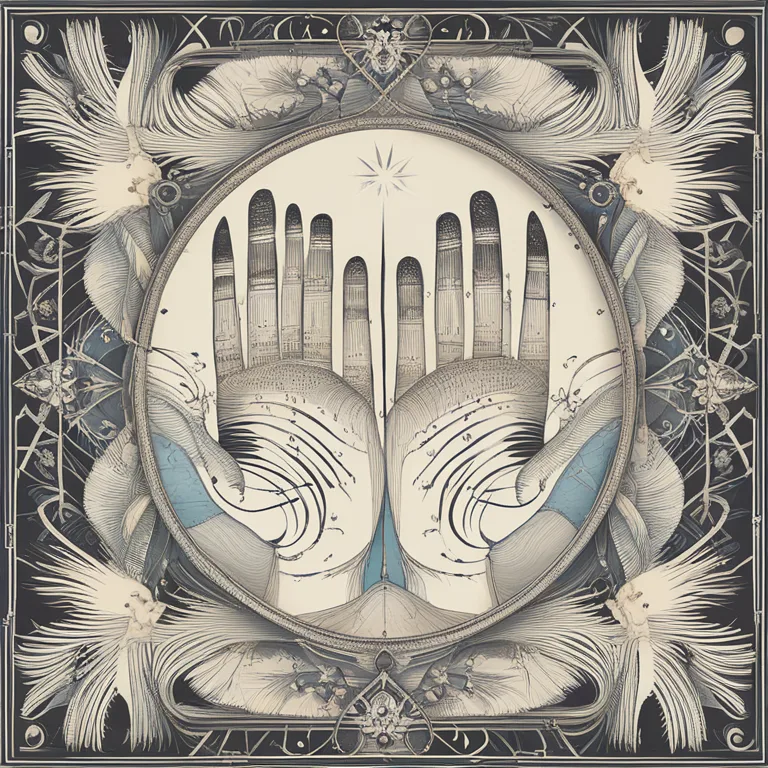
Palmistry Essentials for Women
Delve into the fundamentals of palmistry tailored for women, unveiling insights hidden within the lines of your hands.
article by Nora Pennington
Palmistry: A Gentle Introduction
Palmistry is a fascinating practice that has captivated human curiosity for centuries. Often considered a window into one's personality and potential future, it studies the lines, shapes, and patterns of the hands. While palmistry is gender-neutral in its approach, this article focuses on nuances that are especially meaningful for women. It's a craft that intertwines intuition with observation, offering personalized insights. As you embark on this journey, remember that palmistry is as much about intuition as it is about tradition, allowing room for personal interpretation and reflection.
Decoding the Dominant Hand
In palmistry, the dominant hand is believed to represent present life and conscious thoughts, often showcasing acquired traits and outward personality. For many women, this hand can mirror their assertiveness, work achievements, and external experiences. Examining the dominant hand first provides immediate insights into current life events. Pay close attention to the length, depth, and clarity of the lines, as well as the overall hand shape, as these elements narrate stories of personal endeavour and social interactions.

Understanding the Heart Line
One of the most telling lines in palmistry is the heart line, which sweeps across the top of the palm. For women, this line can disclose emotional stability, romantic perspectives, and potential cardiac health. A deep and clear heart line suggests a strong capacity for love and stability in relationships, whereas breaks can indicate emotional distress or heartache. Note the length of this line too; reaching towards the edges of the palm can signify openness in expressing feelings, an attribute many view as a source of emotional strength.

The Wisdom of the Head Line
Beneath the heart line lies the head line, a source of insight into a woman's mindset, intellect, and communication style. A straight head line suggests a practical and realistic approach to life, whereas a curved line leans towards creativity and spontaneity. Women with a split end to their head line might reveal versatility in problem-solving or a tendency to ponder decisions. As societal roles for women continue to evolve, the flexibility or steadiness of this line could reflect how one adapts to these changes.
The Life Line and Vitality
The life line curves around the thumb, and contrary to popular myth, its length does not predict lifespan. Instead, it talks about one's general well-being, vitality, and life's path. For women, a strong life line can indicate resilience and vitality, while a faint line might suggest a need for more self-care. Breaks in the line could represent major life changes or upheavals. In the context of an empowered woman's narrative, the life line accentuates the importance of self-nurturance alongside societal engagement.
Unearthing the Secrets of the Fate Line
Not everyone has a prominent fate line, but for those who do, it's a revealing path that connects the base of the palm to the middle. This line is tied to life's direction and career paths. Women with a deep fate line may find themselves in careers with significant progression, while a weaker line could suggest a journey with more self-discovery. It's essential to recognize the fluidity in its interpretation, allowing a woman's individuality to mold its significance.
Lines of Affection and Motherhood
Specific to the experiences of many women are the lines of affection, or "children lines," often found beside the little finger. They represent offspring and significant emotional bonds. The depth and clarity of these lines are thought to reflect the strength of these connections. In modern palmistry, these can also be seen as lines signifying other forms of creative or nurturing outputs, ever-important as women's roles continue to diversify.
Mounts and Planetary Influences
The mounds of the palm are raised pads of flesh, each associated with planetary energies that influence certain traits. For instance, the Mount of Venus, found at the base of the thumb, is tied to love and sensuality. An elevated mount might indicate passion and a zest for life. The fluctuating emphasis on these mounts through time often reflects how societal values shift, impacting women's experiences and how they're perceived through the lens of palmistry.
Summing Up The Palms' Tales
As we encapsulate the basics of palmistry for women, it's paramount to treat this ancient art with a blend of reverence and contemporary awareness. Your hands are the blueprint of your experiences and the potential paths you may tread. They whisper tales of your courage, love, wisdom, and transformation. Whether steeped in tradition or infused with a modern twist, palmistry can be a tool for empowerment and self-discovery for any woman daring to look deeper into the lines that life has etched upon her palms.
Published: 1/3/2024
Modified: 1/3/2024
More predictions
Come back here soon to learn more about yourself and your future


The Origins of Palmistry: An Ancient Practice
Delve into the fascinating beginnings of palmistry—the ancient art of hand reading for insights into character and destiny.


Palmistry's Insight into Your Health
Discover the connections between the lines on your palm and your well-being in this comprehensive look at palmistry’s role in health forecasting.


The Origins & Journey of Palmistry
Trace the fascinating history of palmistry, understanding its ancient roots and its evolution through cultures and time.